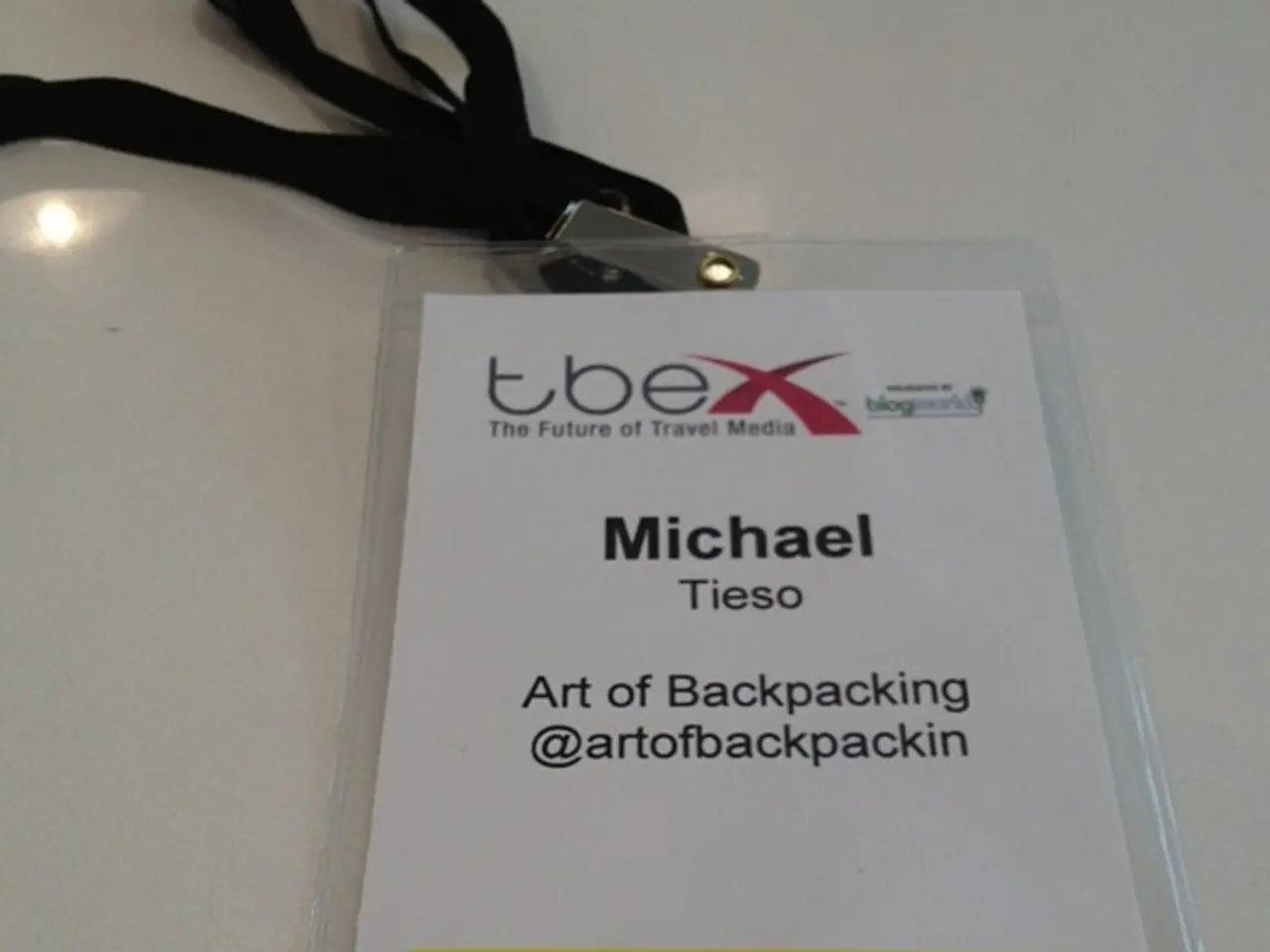Transforming Businesses Through Integration of Generative AI Applications
In 2025, Generative Artificial Intelligence (AI) has become a widespread and transformative force across various industries, delivering profound efficiency gains and innovative capabilities. This cutting-edge technology, which produces new content and resembles human imagination, is revolutionising the way businesses operate and grow.
Content Creation
Generative AI is extensively used for producing long-form content such as reports, manuals, and blogs, with human-level depth, tailored tone, and style. This adoption reduces time-to-publish by up to 60% and enables scaling quality output with smaller teams, particularly in the SaaS, consulting, and publishing sectors.
Product and Industrial Design
AI automates optimised product designs meeting specific constraints (e.g., cost, strength), dramatically speeding up iteration cycles and enabling exploration of many design alternatives faster than traditional methods.
Healthcare
AI assists early diagnosis, remote triage, and predictive health monitoring. Emerging uses include summarising electronic health records, translating medical documents, and simulating clinical trials for faster drug approval. The healthcare sector anticipates generating $194 billion in value by 2030 from AI.
Finance
AI underpins fraud detection, credit scoring, and sentiment-based trading. Future applications involve autonomous wealth management, real-time ESG risk assessments, and generative AI for analyst report creation. Some firms like JPMorgan have hundreds of AI use cases deployed.
Retail
AI powers recommendation engines, dynamic pricing, and virtual try-ons. Future trends include AI-driven customer segmentation, conversational shopping assistants, and AI-optimised inventory and logistics.
Scientific Discovery
Generative AI accelerates drug development, material engineering, and climate modeling by simulating molecules and hypotheses rapidly, cutting traditional R&D timelines from years to months.
Synthetic Data & Simulation
AI-generated synthetic data addresses privacy risks and data scarcity bottlenecks, enabling safer training for autonomous vehicles, financial models, and healthcare diagnostics via realistic but controlled datasets.
Sustainability & Energy Efficiency
The industry focuses on green AI through model pruning, energy-efficient hardware, and renewable-powered data centres, making sustainable AI deployment a competitive differentiator.
Looking Ahead
Generative AI is poised for enormous economic impact, contributing up to $4.4 trillion annually to global GDP by 2026, equivalent to about 4.2% of the world economy. It could generate a net increase of 12 million jobs by 2025, highlighting a robust labor market impact. Nearly 90% of online content might be AI-generated by 2026, optimising workflow efficiency though raising concerns about content quality.
In the financial industry, AI-powered chatbots can assist customers with banking or account management and investment guidance. Retailers use chatbots to answer questions, suggest items, and even help complete transactions. In healthcare, generative AI is improving diagnostic processes, treatment planning, and drug discovery.
The energy industry is using the power of generative AI to improve energy efficiency, improve grid management, and create sustainable energy options. Predictive maintenance driven by AI makes use of sensors to predict breakdowns in equipment and schedule repairs, reducing the amount of downtime.
In education, generative AI is transforming learning through individualised experiences, content creation, and administrative efficiency. Manufacturing companies are leveraging generative AI to optimise design quality control, design optimisation, and predictive maintenance.
Game developers use artificial intelligence to create stunning environments, realistic character animations, and engaging narratives. Generative AI is revolutionising the legal industry by automating document review, contract drafting, and legal research.
The risks posed by the use of generative AI include lack of transparency, accuracy issues, potential bias, intellectual property and copyright concerns, cybersecurity and fraud threats, and sustainability issues due to electricity consumption.
In summary, Generative AI in 2025 is a well-established, cross-industry catalyst for automation, creativity, and innovation with transformative economic and societal potential going forward.
Security measures in various industries are enhancing to address the rising complexity brought by the widespread use of Generative Artificial Intelligence (AI). With an anticipated 90% of online content being AI-generated, concerns about content authenticity and GDRP compliance are becoming increasingly relevant.
Performance in the tech sector is being optimized through the incorporation of AI-generated synthetic data, ensuring privacy, mitigating data scarcity, and enhancing the training of autonomous systems, such as those for vehicles, finance models, and healthcare diagnostics.




